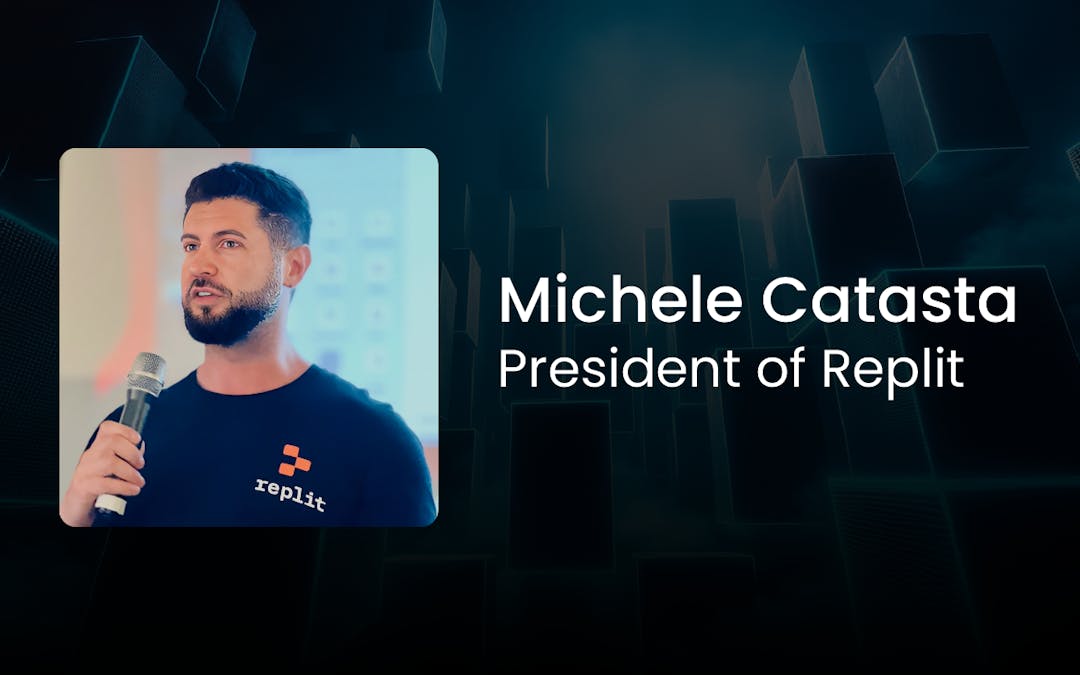It’s tough to make developers choose a new programming language over the one they are using. While many languages failed to impress the coding ninjas, Rust has managed to win the hearts of innumerable developers across the world.
According to a survey conducted by Stack Overflow, Rust was voted for the top position by developers for four consecutive years. But what makes this programming language so appealing that developers repeatedly choose it over the other mainstream languages?
Let’s find out.
What is Rust?
Mozilla Research introduced the programming language Rust in 2010 as a reliable alternative to the C++ language.
Rust is a general-purpose language that can be classified into multiple paradigms, thanks to the host of features it offers. It is highly reliable, productive, and safe to use. It is somewhat similar to C++. However, Rust can guarantee memory safety by utilizing a borrow checker to validate references.
Rust can achieve memory safety without garbage collection and has optional reference counting. In addition, the language offers advanced features such as functional programming and mechanisms for low-level memory management.
What is Rust good for?
Rust has managed to beat languages like Python and TypeScript in terms of popularity since 2015. Rust developers have been able to earn more salaries when compared to Python developers. What’s more, Rust offers a list of features that makes it stand out from other programming languages. Here are some of the features:
- Rust offers excellent documentation.
- It comes with a highly user-friendly compiler with top-notch tools such as integrated package managers and multi-editor.
- Rust can efficiently resolve memory errors and concurrent programs that languages like C and C++ cannot.
- It is super fast and safe by default.
What does a Rust developer do?
A Rust developer is responsible for performing computer programming tasks using the Rust programming language. A Rust developer codes for projects such as system software, operating systems, blockchain projects, and web browsers. Their responsibilities include:
- Writing codes as per the requirements using the Rust programming language
- Ensuring safety and security of the software or systems they’ve developed
- Testing and debugging of the software
- Ensuring a smooth development process
- Embed components such as cybersecurity and data storage into their programs
- Understanding the user feedback and improving the product
An ideal Rust developer should be experienced in coding, developing, and testing software programs using the Rust programming language.
Who owns Rust programming language?
Rust was designed by Graydon Hoare, an employee at Mozilla Research. This programming language was Hoare’s project back in 2006. Mozilla began funding the project in 2009 and launched Rust in 2010.
In February 2021, Rust Foundation was announced as the owner of the language by its five founding companies, namely, AWS, Huawei, Google, Microsoft, and Mozilla. In April 2021, Google announced that it would support Rust within the Android Open Source Project as an alternative to C/C++.
So, currently, the Rust Foundation owns Rust. The foundation owns all the trademarks and domain names and is also responsible for the financial costs incurred in running the day-to-day business for Rust.
So, what makes Rust stand out against the big players?
Rust was built after taking into consideration the problems found in different languages. Furthermore, Rust is an open-source project enabling various developers to optimize the language.
Rust boasts of an ever-growing community with prompt online support. The language has a single tool called Cargo that compiles codes, conducts tests, generates documentation, uploads a package to the repository, and a lot more.
Rust is one of the best programming languages to develop web and cross-platform applications.
Let’s take a look at some stats now!
According to a survey by Stackflow, Rust has been the most loved language by the developer community since 2015.

Rust is the most loved language by the developer community since 2015
According to The News Stack survey, the developers who work on the Rust language earned the fourth-highest salary beating the likes of Python and TypeScript.

Rust earns 4th spot on the list
In the same year, Rust came second, only after Python, in TIOBE’s index of the top 20 most programming languages.

Rust earned the 2nd spot on TIOBE’s index
What are the real-world use cases?
Several companies worldwide use Rust. Tech giants like AWS, Google, and Microsoft support the language. Let’s take a look at some real-world use cases of Rust:
- AWS or Amazon Web Services used Rust to write the entire code for Firecracker. The language also powers AWS’ Lambda and Fargate.
- Amazon, Google, Intel, and Red Hat have started a joint project called ‘rust-vmm’ to share packages with the community.
- Microsoft has been using Rust over Go in projects like WebAssembly and to rewrite low-level components of Windows.
- Dropbox, Discord, Cloudfare, Figma, Coursera, etc., have been using Rust in production.
Is Rust good for application development?
Rust has many benefits over other programming languages. Let’s list a few below:
- Rust is safer. Rust offers protection of both — its own abstractions and abstractions made by the developers. Languages like C++ lack such features.
- Rust is fast. Compared to Java, Rust offers faster startup times and a smaller memory footprint being faster.
- Rust is a well-designed programming language. Rust programming language allows developers to put statements in a lambda and everything is an expression, making it easier to compose particular parts of the language.
- Rust offers a flexible and expressive system. The programming language allows developers to define new container types that can hold different types of elements, generics, traits, and algebra data types.
So yes, Rust is good for application development as it is faster, reliable, and offers improved memory safety. What’s more, the language has a rapidly growing community and can be used in a variety of applications.
Conclusion: What’s the future of Rust?
Several companies around the globe use Rust for its unique features.
Rust offers fast performance with no runtime or garbage collector, enabling it to power performance-critical services and easily integrate with other languages.
It also comes with excellent documentation, a user-friendly compiler with error messages, and top-notch tools such as an integrated package manager.
Simply put, the language enables companies to build reliable and efficient software. So, it appears that Rust will continue to be loved by the developer community and grow in the coming years.
Are you looking to hire Rust developers?
If yes, head over to our Hire Developers page! With Turing, you can hire brilliant, pre-vetted Rust developers at affordable prices in just 3-5 days! The best part? These Rust developers work in your time zone!

Ritvik Gupta
Want to accelerate your business with AI?
Talk to one of our solutions architects and start innovating with AI-powered talent.



